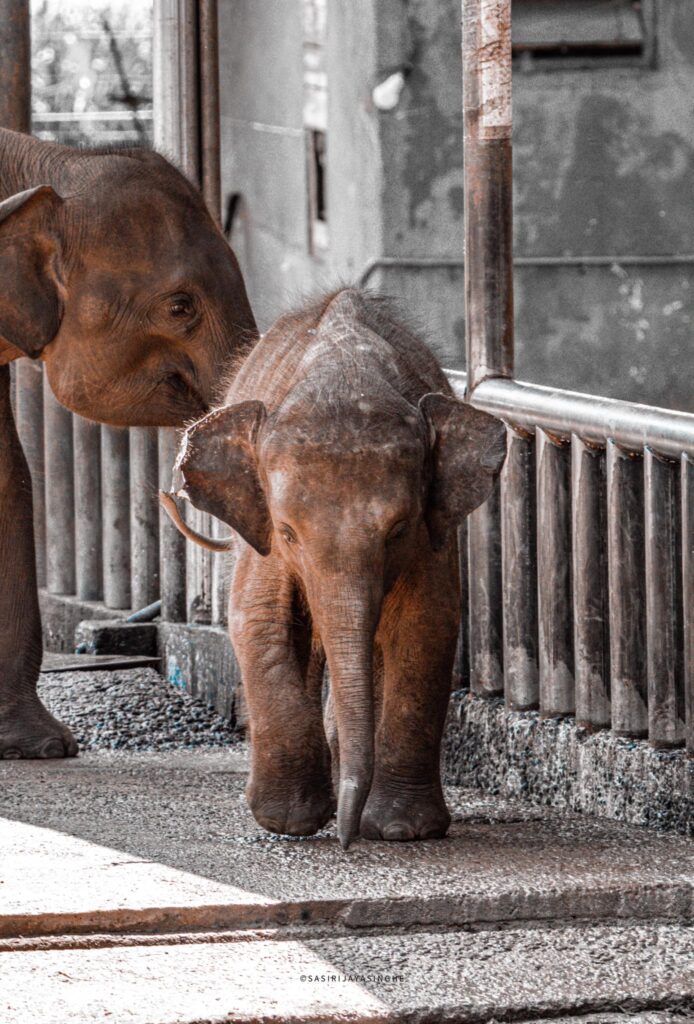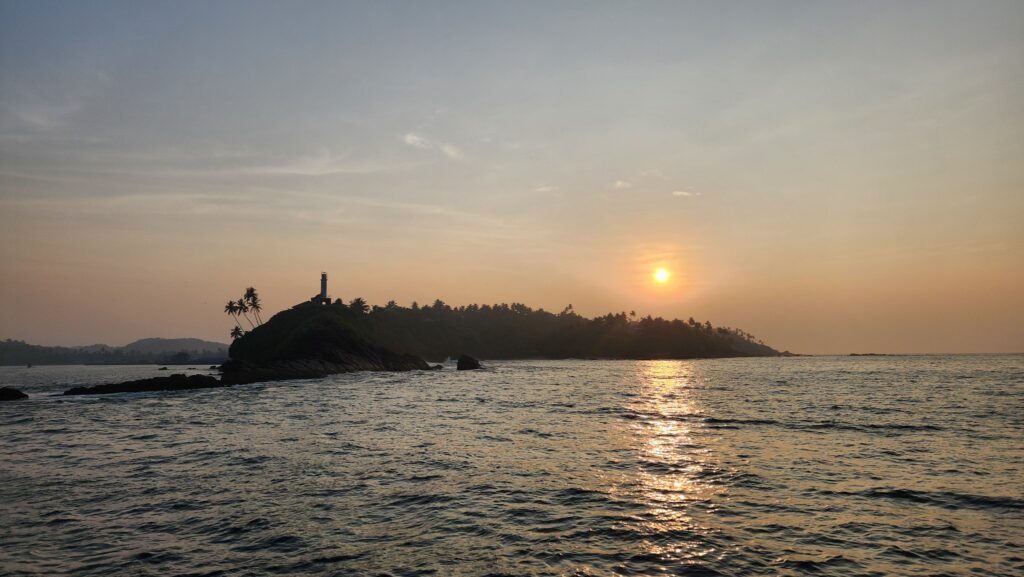Disclosure: This post may contain affiliate links.
A few years ago, while backpacking in Sri Lanka, I almost booked a trip to a popular elephant orphanage. The reviews were glowing, but something didn’t feel right. I decided to dig deeper. What I found shocked me. Chains, hooks, and performative acts all masked as “conservation.” It turned out to be a classic example of unethical animal tourism experiences that we see all around the world.
Since then, I’ve made it a rule to research every animal tourism experience before signing up. If you’re someone who loves animals, there are certain activities you should always avoid, no matter how photogenic they seem.
Here are five unethical animal encounters across South and Southeast Asia that travelers should skip. Trust me, skipping them won’t ruin your trip, it’ll actually make your journey more responsible and fulfilling.
1. Elephant Rides in Thailand, India, and Cambodia
Elephants are revered across Asia, yet many tourists unknowingly contribute to their suffering by supporting elephant rides. What’s marketed as a cultural activity is often built on trauma. Young elephants are separated from their mothers and go through a brutal process called phajaan, “the crush”, which breaks their spirit through fear and pain.

I spoke to Diana from The Elephant Soul, an ethical elephant tourism advocate, on my podcast episode titled “The Ethics of Elephant Tourism”. She explained how “elephant-friendly” experiences are often just rebranded forms of exploitation.
If you want to spend time with elephants ethically, look for genuine sanctuaries that allow elephants to roam free, without rides, chains, or tricks. And yes, those do exist.
Read more: 5 Tips for Choosing a Responsible Travel Company
2. Luwak Coffee Tourism in Bali and Vietnam
You’ll hear about “the world’s most expensive coffee” – Kopi Luwak, while backpacking in Indonesia or Vietnam. The beans are digested and excreted by civet cats, which sounds quirky enough to lure curious travelers.
But here’s the dark truth. Civets are kept in small wire cages, force-fed coffee cherries, and live in appalling conditions. It’s not an organic process in the wild anymore. It’s a business, one built on cruelty.

In Bali, I saw these poor animals firsthand. I thought I was stopping for a coffee tasting. Instead, I was greeted by a tourist trap with caged, stressed civets. I walked away without a sip.
If you truly care about ethical animal encounters, skip the poop coffee.
3. Tiger Selfies and “Sanctuaries” in Thailand
A major red flag for ethical travelers? Any place that lets you hug, pet, or take selfies with a tiger.
Many of these so-called “tiger temples” in Thailand have been shut down for abuse. But new ones pop up with slightly altered names and marketing. Tigers are often drugged to make them compliant for tourist photos. Cubs are separated from their mothers and treated as props.
An in-depth exposé on the infamous Tiger Temple in Kanchanaburi revealed tiger trafficking, frozen cubs, and falsified sanctuary claims. Even though that facility was closed in 2016, others still exist under different guises.
If you want to see tigers, do it the right way, in the wild. Safaris in India’s Bandhavgarh or Ranthambore offer real chances to spot them without contributing to cruelty.
Read more: Reforming Animal Cruelty in Tourist Entertainment
4. Dolphin Shows and Swim-With-Dolphin Resort
In South Asia, particularly in touristy parts of Sri Lanka and the Maldives, dolphin shows and swim-with-dolphin experiences are popular. What many don’t realize is that these dolphins are often captured from the wild, confined to tiny tanks, and made to perform daily.
Imagine being ripped from your ocean family and forced to do backflips for claps. That’s the reality.
My podcast episode with RARE Sri Lanka dives into this topic in detail. Listen to “How Ethical Are Elephant Orphanage Tourism in Sri Lanka” to understand how captivity harms marine life too, not just land animals.
5. Whale Watching in Mirissa, Sri Lanka
Boats often crowd around a single whale, causing stress and disrupting natural behavior. In some cases, irresponsible operators even block the whale’s path.

This isn’t just my experience. Conservationists have raised similar concerns across the region. The good news? Ethical whale watching is possible, just make sure you choose an operator certified by marine wildlife authorities and who follows sustainable viewing distances.
Final Thoughts: Choose Kindness Over Curiosity
South and Southeast Asia are some of the best places to visit for wildlife lovers. From the jungles of Sumatra to the coastlines of Sri Lanka, these regions offer breathtaking biodiversity. But that beauty comes with a responsibility, to protect, not exploit.
If you’re ever unsure about an animal activity, pause. Ask: is this experience for the animal’s benefit or mine?
It’s tempting to justify a one-time ride or photo. I’ve made those mistakes too. But now, I choose experiences that align with my values, ones that don’t cause harm behind the scenes.
Ethical travel is not about being perfect. It’s about being aware.
Want to learn more about responsible tourism?
Check out this must-read blog: Reforming Animal Cruelty in Tourist Entertainment
Also listen to:
- The Ethics of Elephant Tourism – with The Elephant Soul
- How Ethical Are Elephant Orphanage Tourism in Sri Lanka – with RARE Sri Lanka
For more helpful insights, explore lists like The Most Unethical Animal Encounters to Avoid by Wanderful Me.
Follow me on Instagram @daily.passenger and YouTube @DailyPassenger for more details.
Discover more from Daily Passenger Travel Blog
Subscribe to get the latest posts sent to your email.